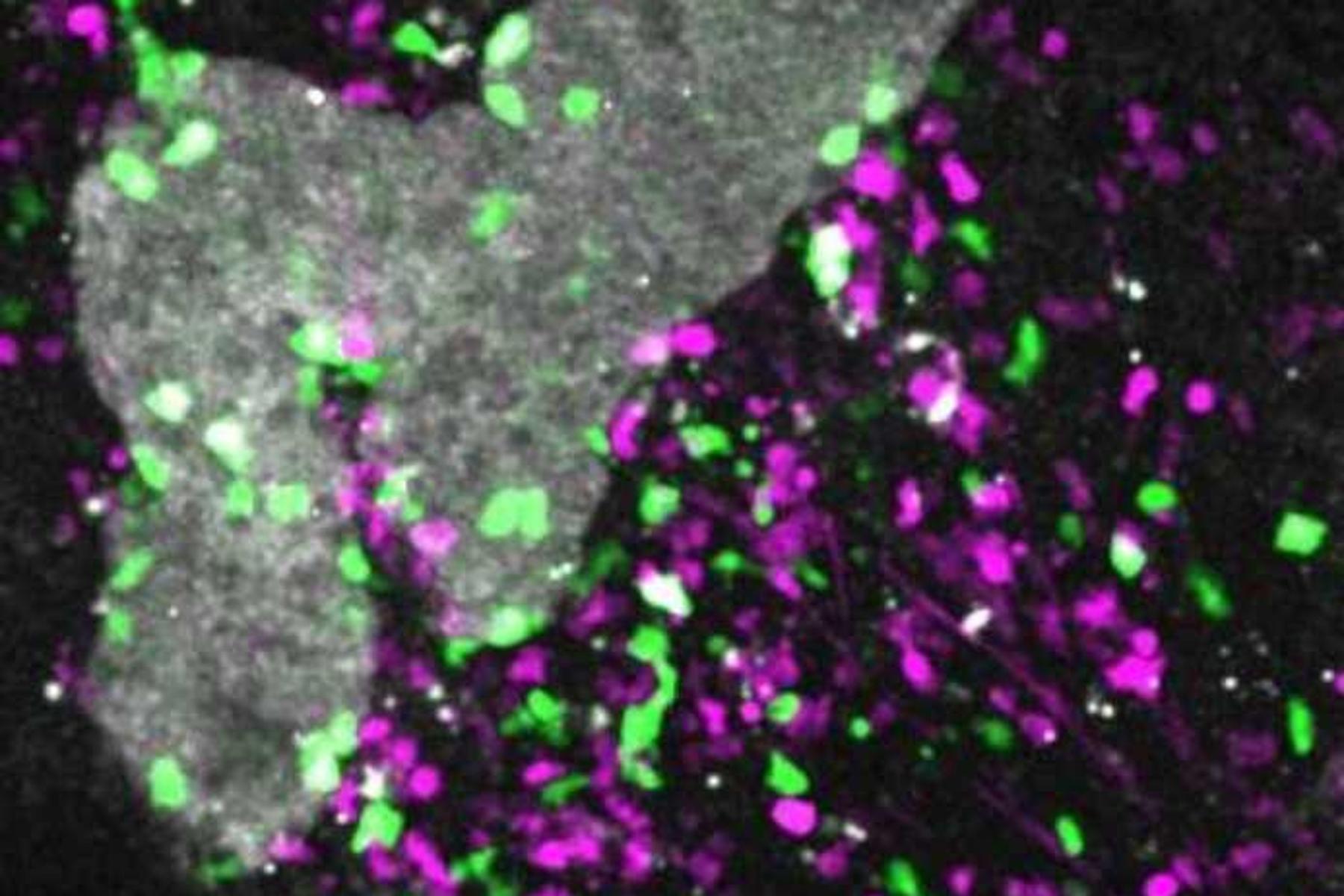Multiple sclerosis (MS) is the most common disabling disease of the central nervous system (CNS) in young adults. The disease is initiated when activated autoreactive T cells infiltrate the CNS and trigger a cascade of tissue injury. The importance of this T cell infiltration is well evidenced by studies in rodent models of the disease and in humans.
“Despite this knowledge, we lacked a comprehensive understanding of the essential molecules that regulate the migration of autoreactive T cells to the the CNS ,” says Martin Kerschensteiner, Director of the Institute of Clinical Neuroimmunology at LMU. This was a knowledge deficit that a team led by Kerschensteiner and Naoto Kawakami at LMU’s Biomedical Center Munich sought to remedy. As the researchers report in Nature Neuroscience, they were able to identify 5 essential inhibitors and 18 essential facilitators of T cell migration to the CNS using a genome-wide analysis.

